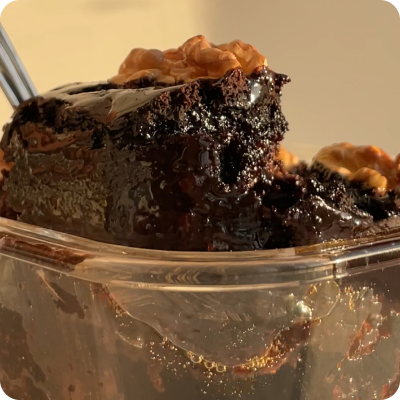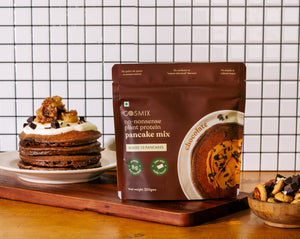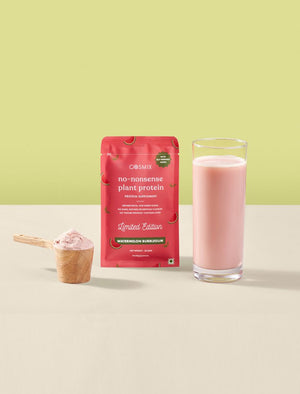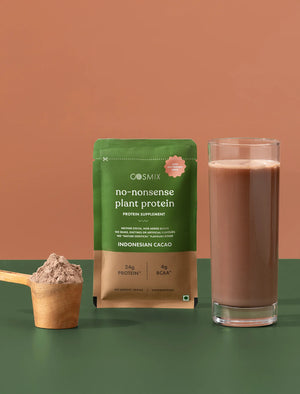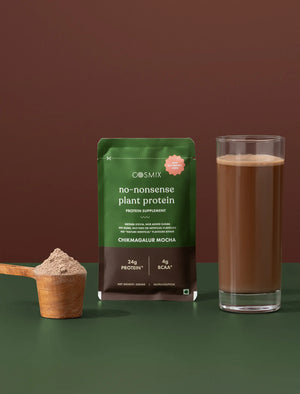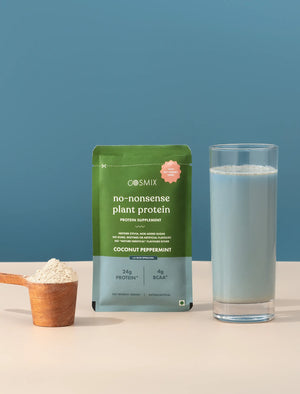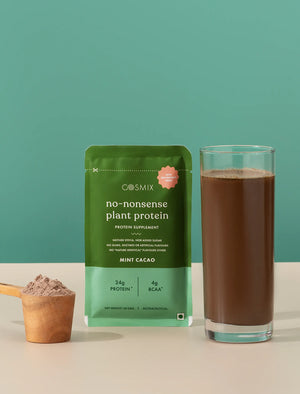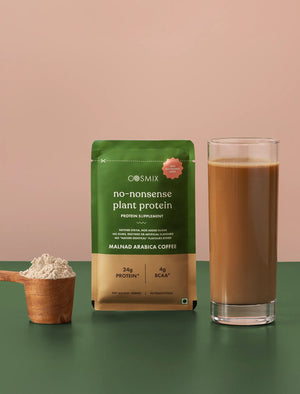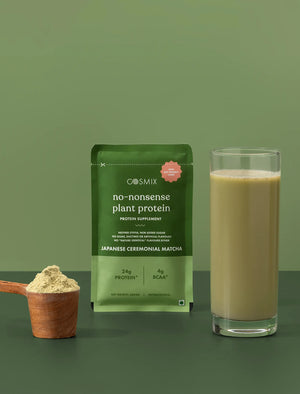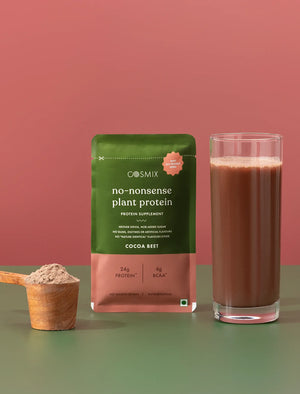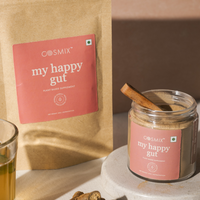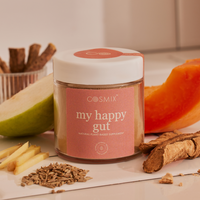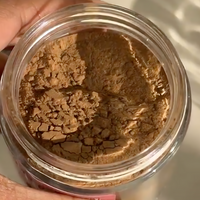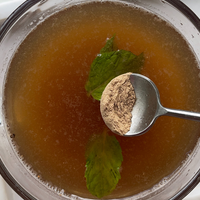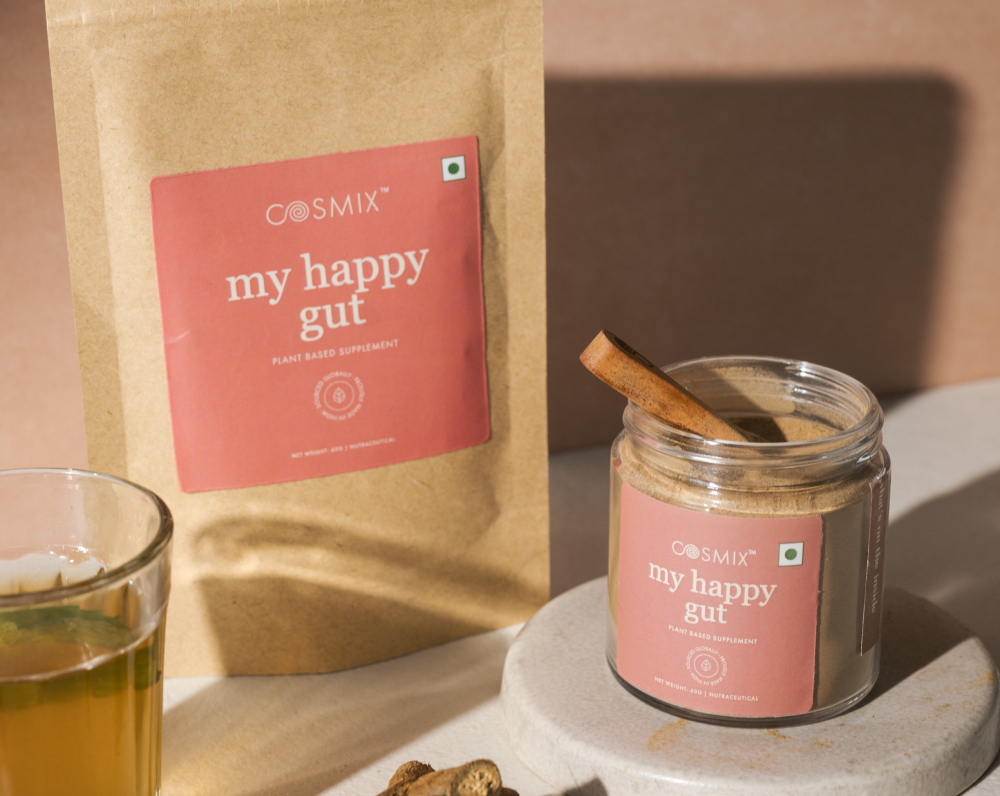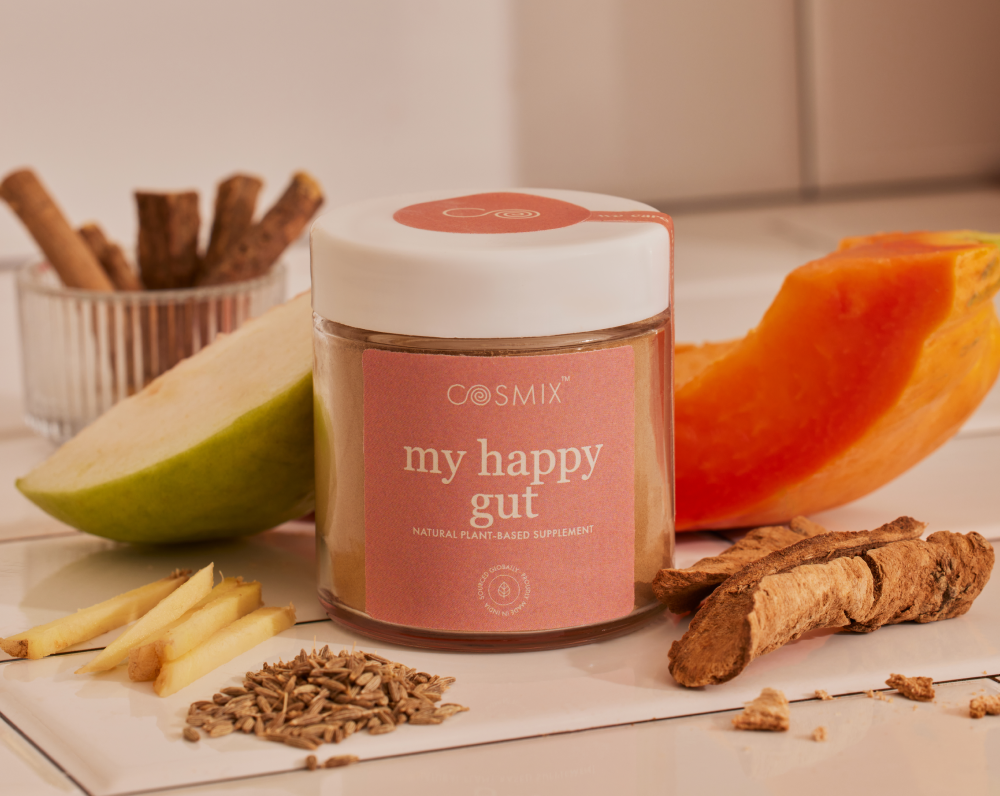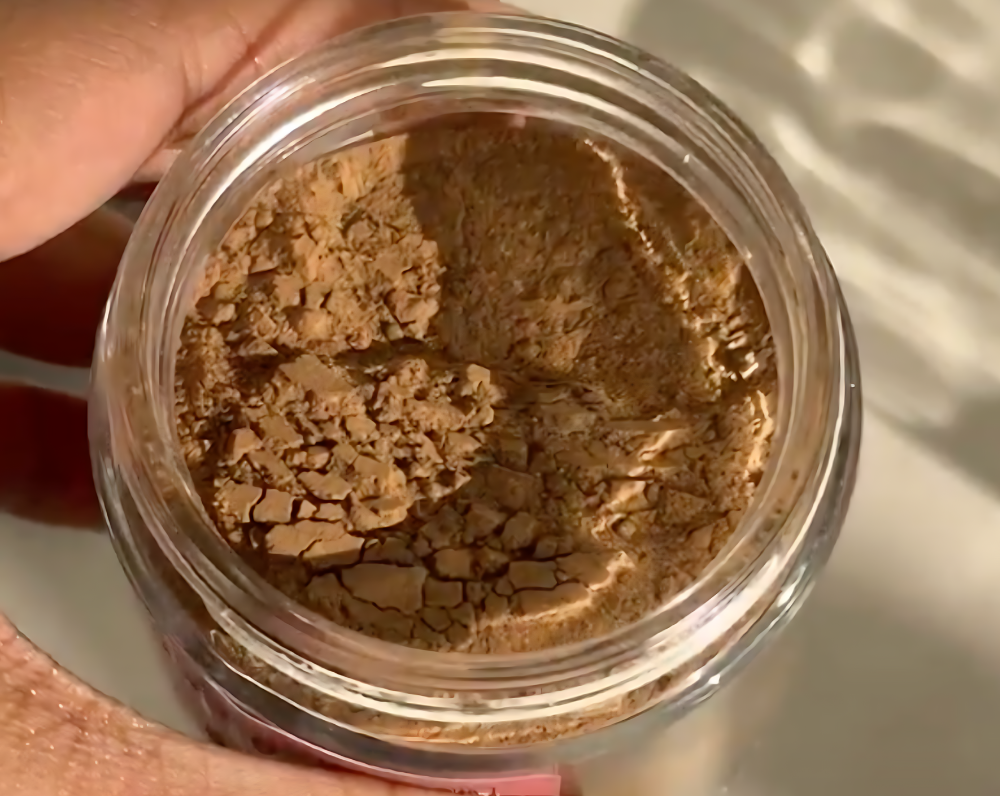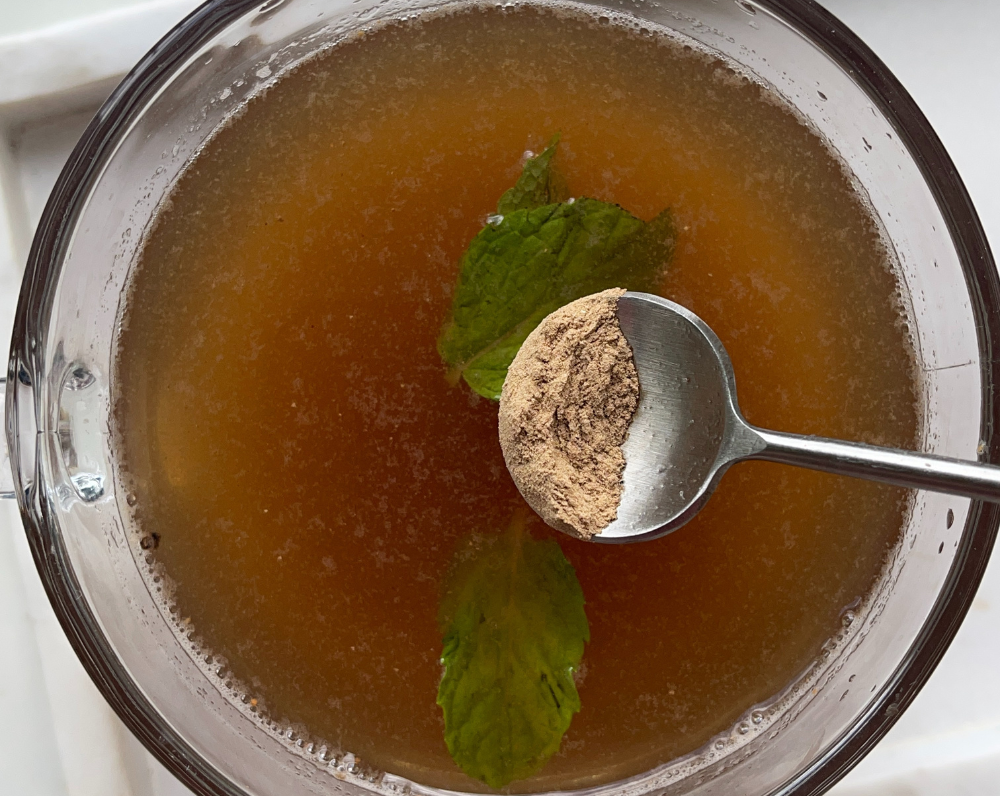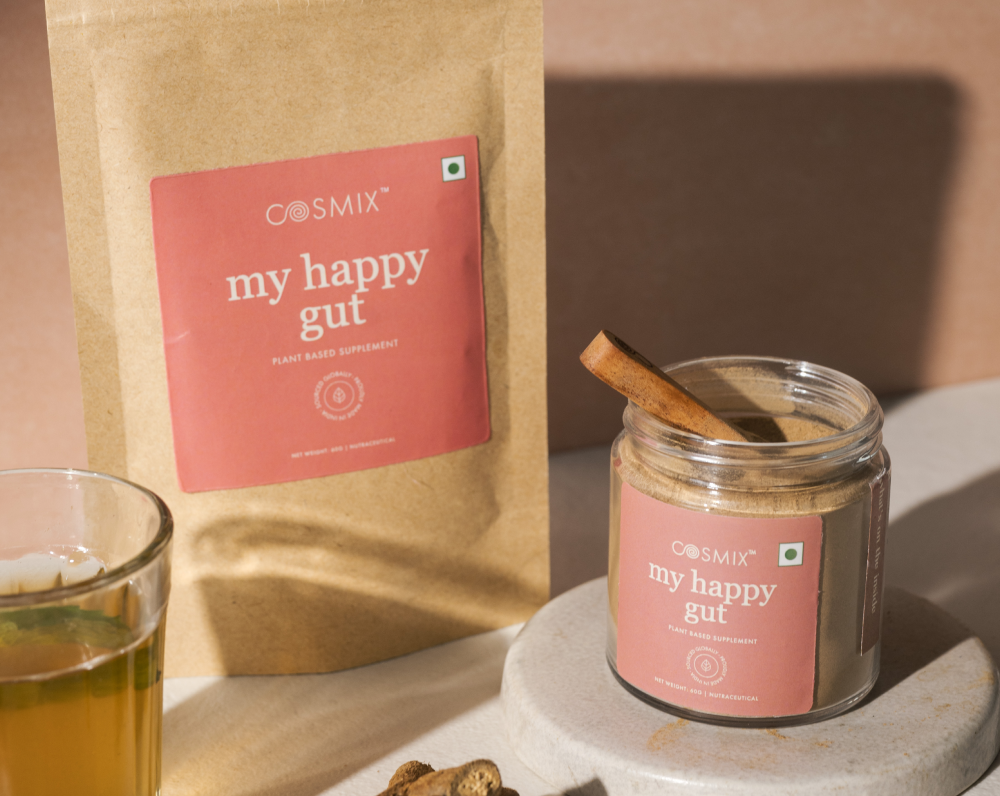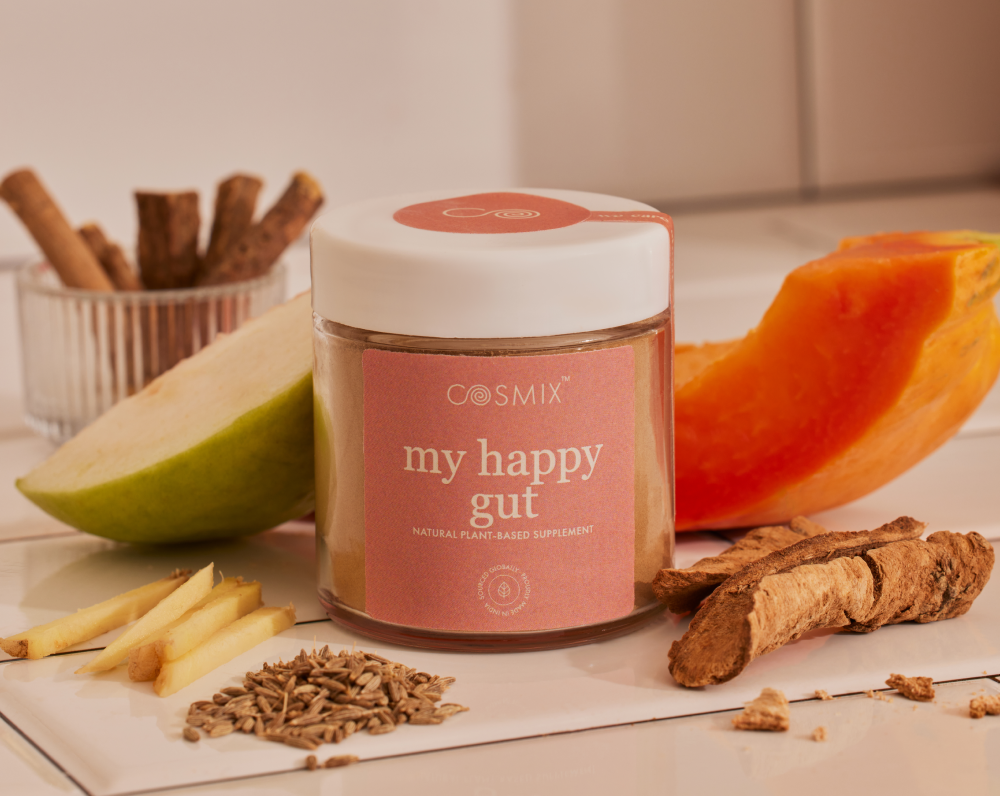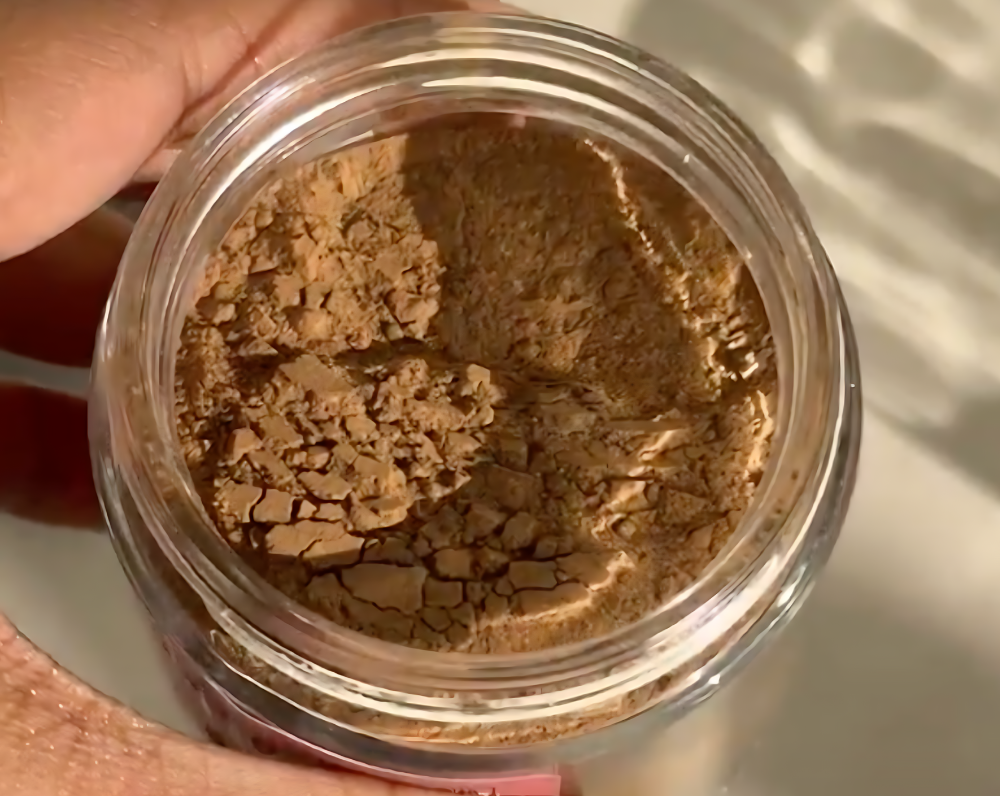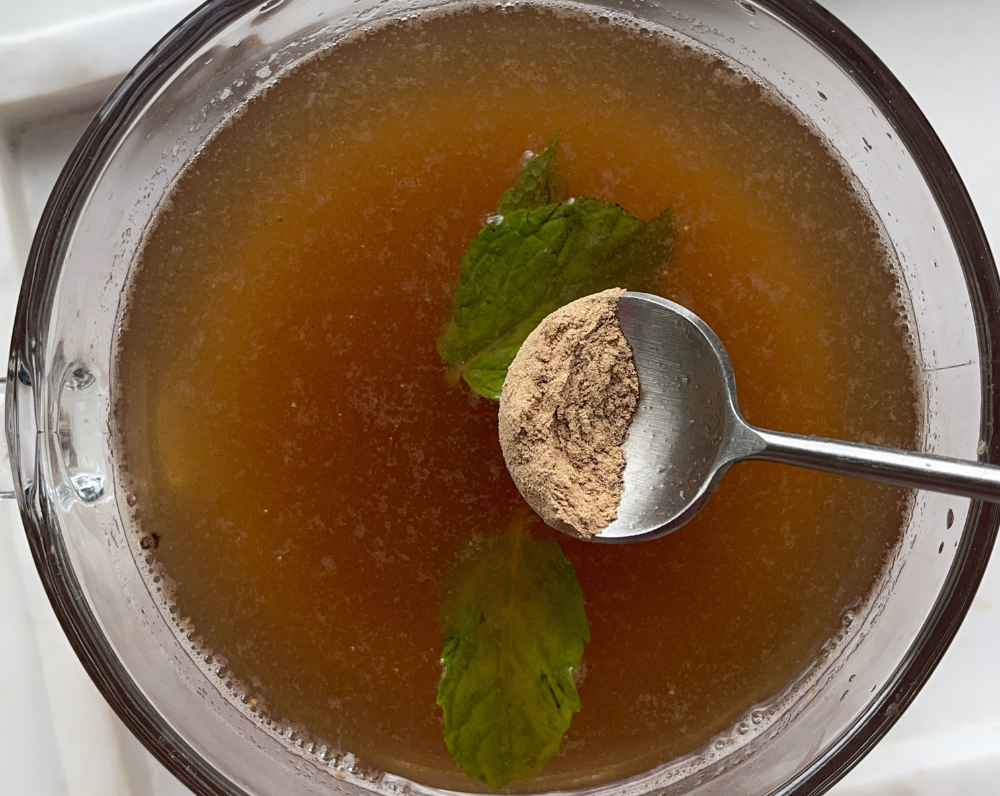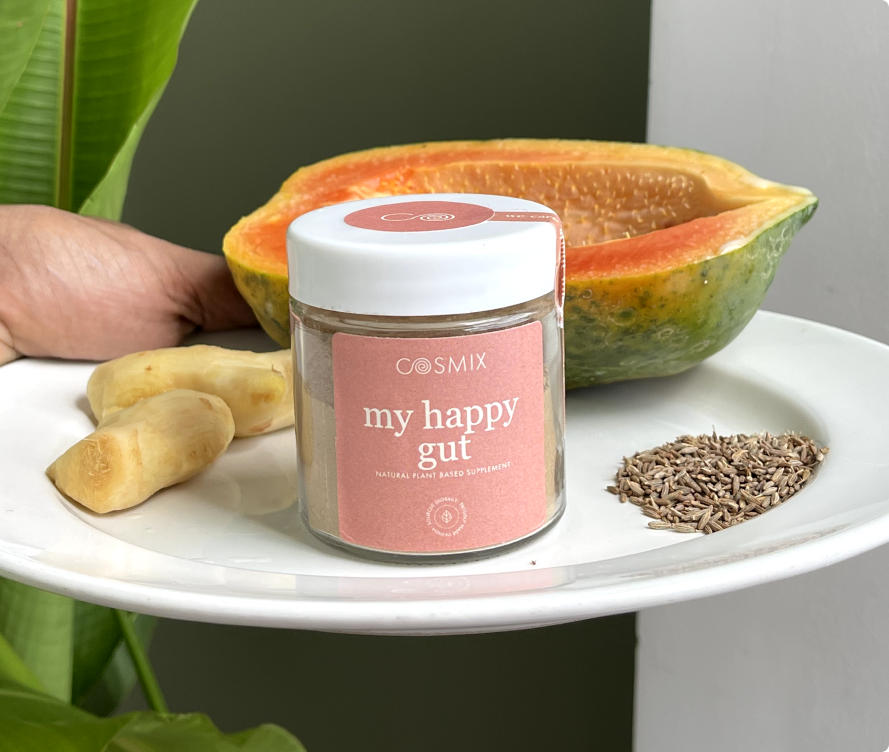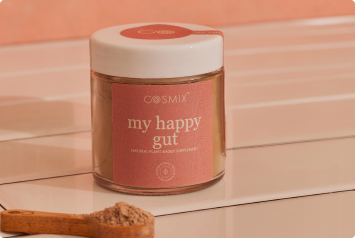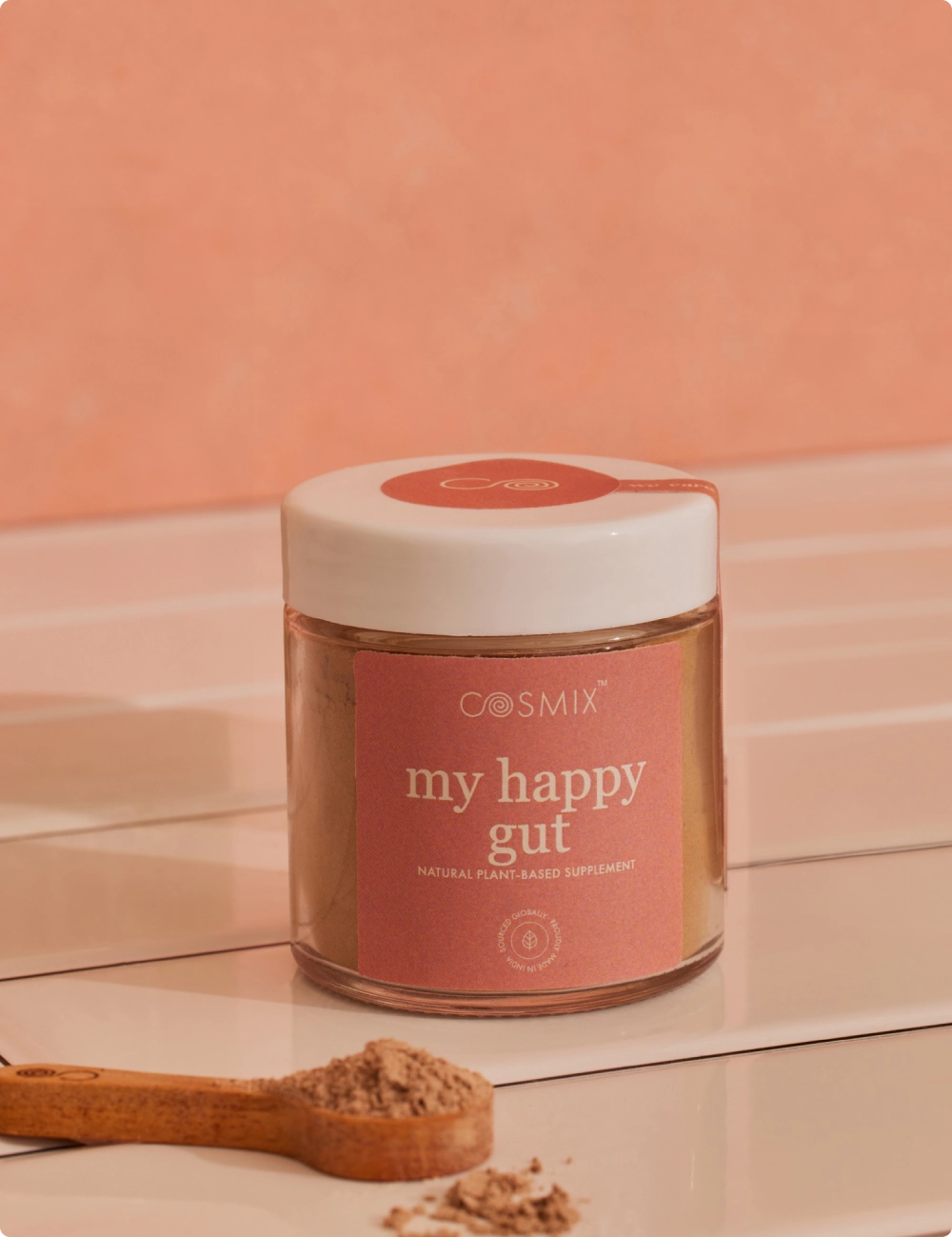
Affect Your Mood With Your Food
Have you ever felt that your mind is racing, your mood is off and you’re annoyed for no reason? You want to control these feelings, but you can’t? I’ve felt that helpless feeling too. If my tooth is hurting, the dentist can fix it! If my skin has a rash, I can use an ice pack and relieve myself of the inflamed feeling. Sometimes just scratching that itch can provide relief. But when it comes to your mind, there’s a bit of a problem - it’s tough to directly access it. But the good news is that your gut can influence your brain, your mood and your emotions! Studies show that serotonin and dopamine release may all be affected by disturbances in the gut microbiota. (1) There's been very sound research in the last few years pointing to the gut-brain axis. And here’s the thing, while you can’t directly access your brain, you absolutely can access your gut. How, you ask? Through your food and herbs! Your gut affects your brain and how? Did you know we have a second brain? Yes, it exists and it’s the Vagus Nerve! The vagus nerve, the longest cranial nerve, plays a crucial role in bidirectional communication between the gut and the brain. The digestive system is remarkably complex. The ENS is composed of millions of neurons in the wall of the gastrointestinal tract. These neurons are arranged as intricate layers of nervous tissue that receive messages from the vagus nerve and are responsible for promoting the secretion of digestive juices, permitting food to pass from one area of the digestive system to another, and controlling peristalsis. While we always knew that the brain affects the gut, research has found that approximately 95% of nerve fibre in the vagus nerve carry information from the gut to the brain rather than the other way around! (2) Though not responsible for complicated thought processes (that's the brain's job), the ENS plays a key role in emotions and gut feelings. Thus, keeping the digestive system healthy is a great way to avoid imbalance of the body and the mind. This happy hormone is produced in the gut One of the key players in the gut-brain connection is serotonin, a neurotransmitter often associated with mood regulation. While many associate serotonin with the brain, did you know that 95% of this “feel good hormone” supply is found in the gut? (3) When your gut is healthy, it produces and releases serotonin, which helps regulate your mood and promote feelings of happiness and well-being. Conversely, an imbalanced gut can impact serotonin levels and contribute to mood disorders such as anxiety and depression. Basically, take care of your gut! Food: One of the generally agreed-upon criteria for a healthy gut microbiome and gut-brain connection has been its diversity and the abundance of microbial species present in it. (4) However, today having antibiotics for every small concern has become the way of life. Unfortunately, this depletes a lot of the good bacteria as well. You can always resolve this imbalance by incorporating probiotics in your diet! Probiotics are fermented foods that have a high population of beneficial bacteria. Kimchi, sauerkraut and non-spicy pickles are great examples. You can also incorporate traditional foods idli and dosa which are fermented overnight. While probiotics are important, what is even more essential are prebiotics, which are food for the good bacteria that help them thrive. These are commonly found in your pantry staples such as garlic, onion, banana and whole grains. Herbs: As a herbalist, studying these guys is what I’m obsessed with doing. Let’s deep dive into classifications of herbs that can help - Herbs that can help While probiotics, prebiotics, astringents, carminatives and demulcents can have a big impact on the gut and therefore the brain, here we’ll study the 3 classifications that can have an even larger impact on the gut-brain axis since they have a direct connection with both the nervous system and the digestive system - Bitters, Nervines and Adaptogens. Bitters - Bitter tasting herbs have a very direct relationship with the nervous system and the gut. When bitter taste receptors on our tongue detect the bitter taste, a signal is sent via the gustatory and vagus nerves to the brain to prepare the body for digestion. Thus, the parasympathetic nervous system is activated and digestive secretions are released. In this way, bitters not only improve the digestibility of food, but also have a calming effect on the nervous system, putting us in a more emotionally relaxed state, which has an added bonus: we can slow down enough to enjoy our food! A strong and powerful bitter is Bhumi Amalaki or Gale of the Wind (Phyllanthus niruri). I’ve implemented this herb into our Love Your Liver due to the strong liver-gut connection. Nervines - Nervines nourish and support the nervous system. Calamus is a great herb in this category! Adaptogens - Licorice or Mulethi root is known to provide protection and relief to inflamed tissue along the digestive tract. It can also increase mucus production in the stomach which soothes the stomach lining and increases blood supply to the stomach. Disclaimer: This blog is intended for educational purposes and while it does contain two product recommendations, they are relevant to the information provided. Thank you for reading along! In case you’re not based out of India and would like to try our mixes, apologies we have not started international shipping as of yet. Feel free to use the other recommendations mentioned in the article. Citations: (1) - Kumar, A., Pramanik, J., Goyal, N., Chauhan, D., Sivamaruthi, B. S., Prajapati, B. G., & Chaiyasut, C. (2023). Gut Microbiota in Anxiety and Depression: Unveiling the Relationships and Management Options. Pharmaceuticals (Basel, Switzerland), 16(4), 565. https://doi.org/10.3390/ph16040565 (2) - Forsythe, P., Bienenstock, J., & Kunze, W. A. (2014). Vagal pathways for microbiome-brain-gut axis communication. Advances in experimental medicine and biology, 817, 115–133. https://doi.org/10.1007/978-1-4939-0897-4_5 (3) - Browning, K. N., Verheijden, S., & Boeckxstaens, G. E. (2017). The Vagus Nerve in Appetite Regulation, Mood, and Intestinal Inflammation. Gastroenterology, 152(4), 730–744. https://doi.org/10.1053/j.gastro.2016.10.046 (4) - Lozupone CA, Stombaugh JI, Gordon JI, Jansson JK, Knight R. Diversity, stability and resilience of the human gut microbiota. Nature. 2012 Sep 13;489(7415):220-30. doi: 10.1038/nature11550. PMID: 22972295; PMCID: PMC3577372.



